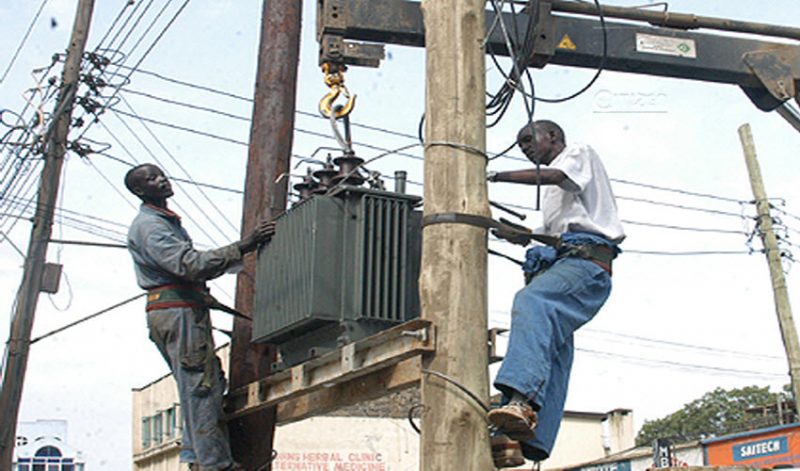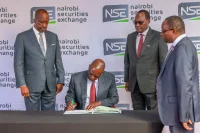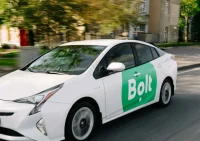Kenya Power has commenced procurement of 195,299 wooden poles to implement the second phase of the Last Mile Connectivity Project. Spearheaded by Government under National Electrification Programme (NEP), this phase of the Last Mile Project is financed by the World Bank to the tune of Ksh15 billion and targets to connect 312,500 households to the national grid.
A total of 44,701 concrete poles will also be procured under this phase, said Kenya Power Managing Director and CEO, Dr Ben Chumo. “Implementation of this phase is expected to start later this financial year. We aim to connect over a million new customers every year going forward in order to achieve the targeted milestones,” said Dr Chumo, indicating that the Company’s demand for poles will rise in the short term.
Kenya Power will procure prepaid meters, poles, cables, conductors and 1,000 transformers for grid extension, on behalf of contractors as per the World Bank’s procurement guidelines. The first phase of Last Mile Connectivity Project is ongoing with contractors already mobilised and on the ground. It is financed by the Government and the African Development Bank a cost of Ksh13.5 billion targeting 314,000 households.
“The works under this phase is being implemented in all the 47 counties by 10 contractors. This initial phase of the project, earmarked for completion by June 2017, is projected to use a total of 319,203 poles,” Dr Chumo said.
Last year, Kenya Power procured 377,000 poles locally, both wooden and concrete, in support of “Buy Kenya Build Kenya Initiative”. The Company’s spend on poles in the last three years stands at Ksh7.9 billion. “We are now buying all our poles locally unlike in the past where we used to import from as far as Brazil, Congo and south Africa”, Dr Chumo said. “Currently we have a total of 35 manufacturers and suppliers,” he added.
ALSO SEE >> CBK working to kill Imperial Bank?
The company’s demand for poles has been growing over the years due to undertaking of network upgrade programmes that involve replacement of wooden poles with concrete ones and extension of low and medium voltage lines. In the last two years, Kenya Power has been involved in implementation of the Government- funded National Lighting Programme targeting 52 towns across the country in a bid to enhance security and transform Kenya into a 24-hour economy.
In addition, since 2014, 1.14 million new customers have been supplied with electricity under the Global Partnership on Output- Based Aid (GPOBA) programme funded by the World Bank to aid cheap connections, mainly in slum areas, creating demand for poles.



















































![Pula Co-Founders and Co-CEOs, Rose Goslinga & Thomas Njeru. Pula provides agricultural insurance and digital products to help smallholder farmers manage climate risks, improve farming practices and increase their incomes. [ Photo / Courtesy ]](https://businesstoday.co.ke/wp-content/uploads/2021/01/Pula-Co-Founders-and-Co-CEOs-Thomas-Njeru-Rose-Goslinga.jpg)




























































Leave a comment